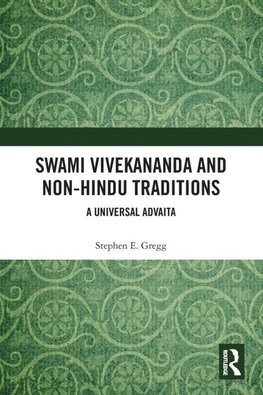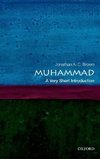
-
 Anglický jazyk
Anglický jazyk
Swami Vivekananda and Non-Hindu Traditions
Autor: Stephen E. Gregg
The Hindu thinker Swami Vivekananda (1863-1902) was and remains an important figure both within India, and in the West, where he was notable for preaching Vedanta. Scholarship surrounding Vivekananda is dominated by hagiography and his (mis)appropriation... Viac o knihe
Na objednávku, dodanie 2-4 týždne
62.28 €
bežná cena: 69.20 €
O knihe
The Hindu thinker Swami Vivekananda (1863-1902) was and remains an important figure both within India, and in the West, where he was notable for preaching Vedanta. Scholarship surrounding Vivekananda is dominated by hagiography and his (mis)appropriation by the political Hindu Right. This work demonstrates that Vivekananda was no simplistic pluralist, as portrayed in hagiographical texts, nor narrow exclusivist, as portrayed by some modern Hindu nationalists, but a thoughtful, complex inclusivist. The book shows that Vivekananda formulated a hierarchical and inclusivistic framework of Hinduism, based upon his interpretations of a four-fold system of Yoga. It goes on to argue that Vivekananda understood his formulation of Vedanta to be universal, and applied it freely to non-Hindu traditions, and in so doing, demonstrates that Vivekananda was consistently critical of 'low level' spirituality, not only in non-Hindu traditions, but also within Hinduism. Demonstrating that Vivekananda is best understood within the context of 'Advaitic primacy', rather than 'Hindu chauvinism', this book will be of interest to scholars of Hinduism and South Asian religion and of South Asian diaspora communities and religious studies more generally.
- Vydavateľstvo: Routledge
- Rok vydania: 2021
- Formát: Paperback
- Rozmer: 234 x 156 mm
- Jazyk: Anglický jazyk
- ISBN: 9780367786748












